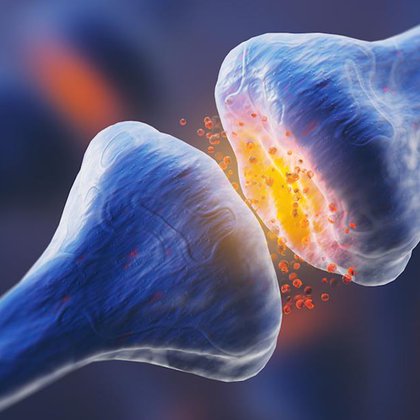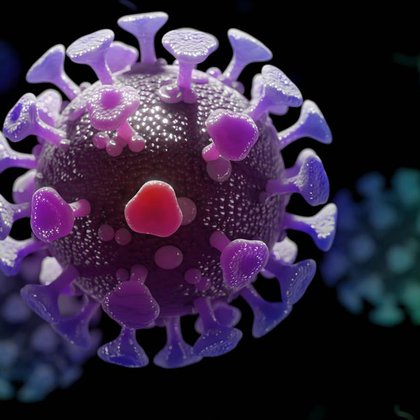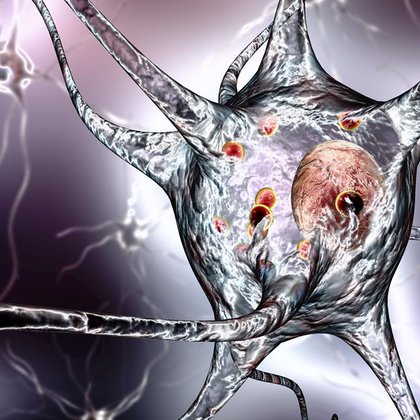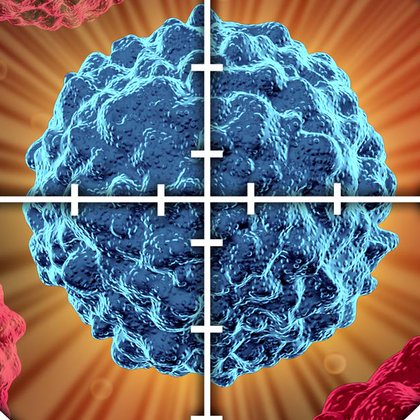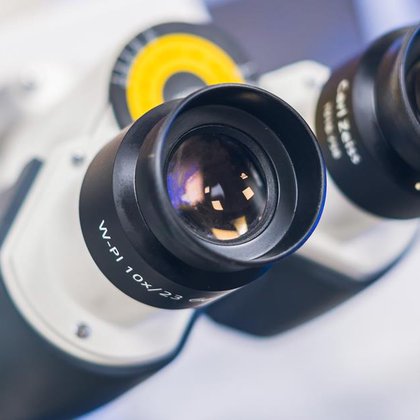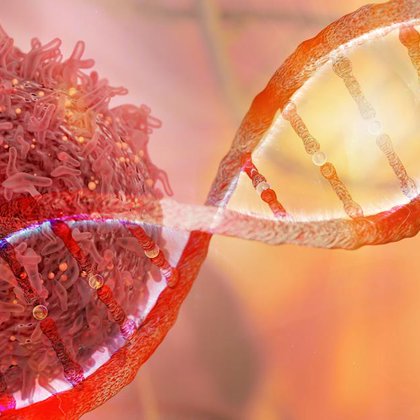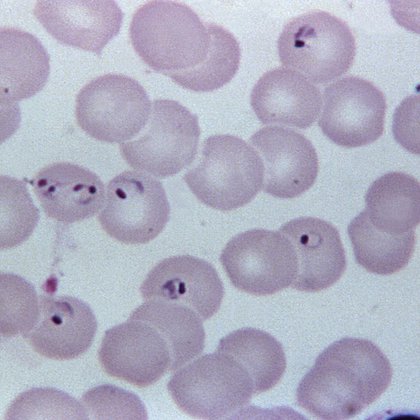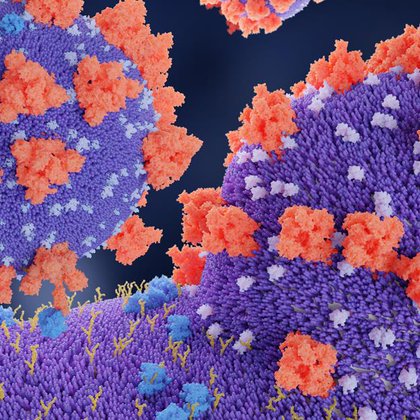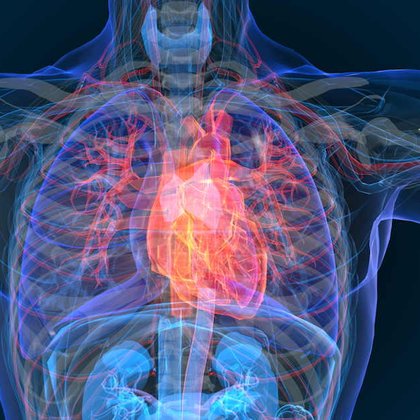
The Science Advisory Board
@ScienceBoard
Followers
7K
Following
998
Media
1K
Statuses
10K
The Science Advisory Board is the source for discovery and development in the life sciences.
Washington, DC
Joined April 2009
Become a member of The Science Advisory Board expert panel today! Join our community of thousands of #scientists and #lab professionals sharing #insights to improve products and services across the #lifesciences industry. Full details and benefits here:
4
1
2
#Machinelearning finds potential brain cancer drug targets in multi-omics dataset. Read the full article:
0
1
5
Today, we honor and celebrate Dr. Martin Luther King, Jr. #mlk #mlkday #martinlutherkingjr #civilrights
0
0
1
#Oxytocin could promote growth of new #neurons to repair damaged tissue and may contribute to #neuralcircuit plasticity, opens door to new ways to improve #neurologicalconditions: study #neuralnetworks #brain #brainplasticity #brainresearch #neuroscience.
scienceboard.net
Researchers have learned that the peptide oxytocin could promote the growth of new neurons to repair damaged tissue and thus may contribute to neural circuit plasticity, opening the door to new ways...
1
0
2
#AI helps to uncover #molecular mechanism underlying #pancreaticcancer. Findings increase understanding of #disease #pathogenesis and open possibilities for exploring new modalities to treat human #diseases, including #hypertension and #cancer. #AlphaFold2.
scienceboard.net
Researchers in Japan have mapped the binding site of the (pro)renin receptor known to be involved in pancreatic cancer development using an artificial intelligence (AI)-based protein structure...
0
0
1
Research demonstrates novel #syntheticpeptide's ability to selectively detect/neutralize early #molecular trigger of #Alzheimers, with an eye towards early diagnosis and treatment of other #amyloiddiseases. #Parkinsons #peptides #amyloid #neurodegenerative.
scienceboard.net
New research demonstrates a novel synthetic peptide’s ability to selectively detect and neutralize an early molecular trigger of Alzheimer’s disease, with an eye towards early diagnosis and treatment...
0
0
1
Researchers identify critical inhibitory site in #enzyme, which can lead to rational design of #antibiotics. Team succeeds in identifying #antibiotic which is effective against super #drugresistant strain of #Neisseriagonorrhoeae. #antimicrobialresistance.
scienceboard.net
Japanese researchers have discovered a new mechanism to allosterically inhibit a respiratory chain enzyme widely conserved across species. The research, published December 8 in the journal Nature...
0
0
0
Study reveals how viral #toxin produced by #SARSCoV2 #virus may contribute to severe #COVID19 infections. By targeting pathway, it could block #pathogenesis leading to #vasculardisorder & acute #respiratorydistress syndrome without needing to target virus.
scienceboard.net
A viral toxin produced by the SARS-CoV-2 virus may damage cell barriers, inducing vascular leak and driving severe COVID-19 infections, according to researchers at the University of California,...
0
0
0
Using #artificialintelligence, researchers find evidence that length of #genes explains most of the #molecular-level changes that occur during #aging, which they contend could lead to therapeutics that slow or even reverse process. #AI #machinelearning.
scienceboard.net
Artificial intelligence (AI) has helped Northwestern University researchers find evidence that the length of genes explains most of the molecular-level changes that occur during aging, which they...
0
0
1
#Optogenetics-based tool allows researchers to control how #neurons respond to electrical input. Using light exposure to change electrical capacitance of neurons' #membranes alters their excitability - which is linked to #brain disorders like #Alzheimers.
scienceboard.net
Harvard University and Massachusetts Institute of Technology researchers have devised a new technique to achieve long-term changes in neuron activity using light exposure. Their research, published...
0
0
0
Using #machinelearning, researchers developed a virtual #molecular library of thousands of 'command sentences' for #cells, based on combinations of 'words' that guided engineered #immunecells to seek out and kill #cancercells. #cancer #AI #cancerresearch.
scienceboard.net
Researchers at University of California San Francisco (UCSF), in collaboration with a team at IBM Research, have developed a virtual molecular library of thousands of “command sentences” for cells,...
0
1
3
Scientists challenge a 70-year-old theory of how #proteins fold in our #cells with profound implications for treating protein misfolding-linked diseases, including certain #cancers, #Parkinsons, #Huntingtons, and #Alzheimersdisease. #cellbiology #cryoEM.
scienceboard.net
U.S. Department of Energy and Stanford University researchers have revealed how tiny cellular machines -- called chaperonins -- direct the folding of proteins into building blocks that provide...
0
0
0
Novel #microscopy technique for #biomedicalresearch captures dynamic #3Dimages across larger areas, maintaining #cellular resolution in three dimensions. Study provides views of #cells interacting in natural state, has potential for new disease treatments.
scienceboard.net
A new microscopy technique enhances biomedical research by capturing dynamic 3D images across larger areas while maintaining cellular resolution in all three dimensions. A study, published on...
0
1
4
Researchers have created a spatial #cellatlas of the developing human #lung, describing 144 #celltypes and their interactions in unparalleled detail while uncovering new links between developmental #cells and #lungcancer. #cellbiology #celldevelopment.
scienceboard.net
Researchers from the Wellcome Sanger Institute, EMBL’s European Bioinformatics Institute, the Gordone Institute at the University of Cambridge, and collaborators have created a spatiotemporal cell...
0
0
0
#Drugtargets, such as kinase enzymes often involved in #cancer, are difficult to target with traditional drugs. Now, research discovers #IFITM #proteins enable bitopic inhibitors to enter #cells, targeting previously untargetable proteins. #cellbiology.
scienceboard.net
Complementary genome-scale, chemical-genetic approaches have revealed a cellular gateway that could allow large molecules to enter cells, providing new opportunities to develop drugs for intracellu...
0
0
0
Bioactive compounds called #glycolalkaloids that are found in many #vegetables have the potential for new #cancerdrugs. In vitro and animal studies are needed to determine which glycoalkaloids are safe, promising to test in humans. #cancer #CancerResearch.
scienceboard.net
Polish scientists have revealed the potential for new cancer drugs formulated from nightshade plants (genus Solanum), including potatoes and eggplants.
0
1
1
Scientists produce infectious #malaria #sporozoites without mosquitoes, providing ground-breaking progress for #malariavaccines. They manufactured #Plasmodiumfalciparum sporozoites in vitro, a major step to scale up manufacturing of #PfSPZ #malariavaccine.
scienceboard.net
Sanaria scientists have manufactured Plasmodium falciparum (Pf) sporozoites (SPZ) in vitro, enabling the critical, first breakthrough steps to scale up manufacturing of the PfSPZ malaria vaccine.
0
0
0
New drug neutralizes #SARSCoV2 and its #variants by acting as #ACE2receptor decoy. The #virus can't evade decoy as #mutations that would allow it to avoid the drug would also lower the virus's ability to infect cells. #COVID19 #coronavirus #virology #ACE2.
scienceboard.net
A new drug neutralizes SARS-CoV-2 and its variants by acting as an ACE2 receptor decoy, Dana-Farber Cancer Institute researchers revealed.
0
0
0
#Heartattack on a Chip replicates key aspects of #myocardialinfarction, may one day serve as testbed for #heartdrugs. Scientists don't understand how #heartcells in healthy/injured parts of #heart communicate but new microscale model could solve mystery.
scienceboard.net
University of Southern California (USC) researchers have developed a "heart attack on a chip" that replicates key aspects of myocardial infarction and might one day serve as a testbed for new...
0
0
0




